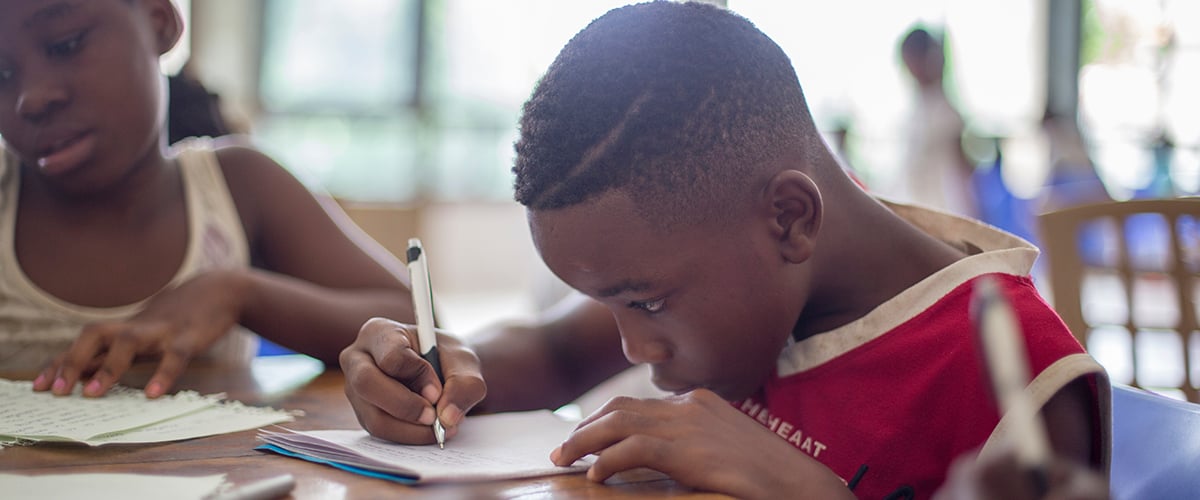
Encourage Your Child’s Positive Behavior and School Success:
Creating a Home Plan With School-Wide Positive Behavior Interventions and Supports
Parents play an important role in helping their child be successful in school. Whether they are providing a safe home that encourages learning and appropriate behavior, or working with the school on specific learning goals for their child, it is important for parents to support their child’s education. When schools and parents work together as partners, students reach a higher level of achievement and school success.
How Some Schools Support Success
School-wide Positive Behavior Interventions and Supports (SW-PBIS) is one strategy that some schools use to teach appropriate social behavior and skills. Research has shown that this approach also improves school climate and learning. SW-PBIS is based on the idea that schools:
- Define core social expectations (e.g., be safe, respectful, and responsible). Staff and students in the school are expected to model the associated behaviors.
- Teach the behaviors and skills that are associated with those expectations.
- Reward the use of those behaviors and skills with a system of reinforcement.
How Parents Can Support Success
As a parent, you can be part of this formula for school success by using the Positive Behavior Interventions and Supports (PBIS) strategy at home and making a PBIS home plan. When you teach your child the same behaviors that are taught at school and reinforce them at home, you are encouraging your child’s social and academic growth.
You can begin by:
- Comparing your home rules and expectations with the school’s core expectations for behaviors.
- Deciding how you can apply the use of those appropriate behaviors in your home and the community.
- Identifying a way to set up predictable routines at home (see example on next page).
- Modeling the behavior you want to see and reinforcing it consistently.
Tips for Making a Positive Behavior Intervention and Support (PBIS) Home Plan
Developing a PBIS Home Plan can help you teach appropriate behaviors and social skills. Start by identifying your family’s core expectations. For example, your family’s core social expectations may include: be respectful, responsible, and helpful.
If your child’s school is using the PBIS strategy, you may want to use the core expectations the school has identified. Decide how to model and evaluate your family’s core expectations and behaviors during different parts of the day or in different places in your home.
Once you’ve done this, create a chart and place it where everyone can see it. Then decide how you will give regular recognition for appropriate behavior. For example, your child may earn time for a special weekend activity or be able to choose the dinner menu. Whatever your method of reinforcement, use it consistently, keep it simple, and make sure to recognize appropriate behavior more than problem behavior. See the sample PBIS Home Plan at the end of this article.
Remember, helping your child develop positive behavior requires a family commitment. This means that parents must be prepared to reinforce the expectations, but also to be a model for the behavior desired. When you use the PBIS strategy and demonstrate core expectations at home, your child will learn the same lessons at school and at home. This makes it easier for your child to change his or her behavior, and it also positively supports your child’s school success.
